In today’s rapidly evolving digital landscape, cryptocurrencies have become more than just a buzzword – they represent a new way of conducting transactions and managing assets. Among the various cryptocurrencies available, Ethereum stands out due to its advanced smart contract capabilities and decentralized nature. However, with the growing adoption of Ethereum, ensuring the security of your assets has become a paramount concern. In this article, we’ll delve into the world of Ethereum security, exploring key measures to safeguard your digital wealth in a decentralized environment.
Understanding Ethereum Security
At the core of Ethereum’s security model is its decentralization. Unlike traditional financial systems that rely on centralized institutions, Ethereum operates on a global network of nodes, making it resistant to single points of failure. This decentralization mitigates the risks associated with centralized hacking targets.
Smart contracts, while revolutionary, can also pose security risks. These self-executing contracts automate processes, but flaws in their code can lead to vulnerabilities. High-profile incidents like the DAO hack underscore the importance of auditing and testing smart contracts before deployment.
Common Security Challenges

Phishing attacks remain a significant threat in the cryptocurrency space. Attackers use deceptive tactics to trick users into revealing their private keys or login credentials. Being cautious about the links you click and the information you share is crucial.
Even well-intentioned smart contracts can contain bugs that malicious actors exploit. Rigorous auditing and testing are essential to identify and rectify vulnerabilities before they’re exploited by attackers.
Cryptocurrency exchanges and wallets are frequent targets for cybercriminals. The Mt. Gox incident serves as a stark reminder that entrusting third parties with your assets can lead to loss.
Best Practices for Ethereum Security
Your private keys are the keys to your kingdom. Keep them offline and never share them with anyone. Consider hardware wallets for added security. Hardware wallets provide an extra layer of protection by keeping your private keys isolated from the internet. This makes it significantly harder for hackers to gain access to your funds. Regularly updating your wallet software and applications ensures that you’re benefiting from the latest security patches and improvements. Smart contract vulnerabilities can be minimized through thorough audits and code reviews by reputable security firms.
Regulatory Landscape and Investor Protection

The decentralized nature of Ethereum poses challenges for regulators, but efforts are being made to strike a balance between innovation and investor protection. Choosing between self-custody and third-party custodianship depends on your risk tolerance and familiarity with managing private keys.
Insurance for Cryptocurrency Holdings
Crypto insurance is gaining traction as a means of protecting your digital assets from various risks. When considering crypto insurance, carefully review the terms, coverage limits, and exceptions to ensure it aligns with your needs. Staying up to date with the latest security trends and best practices is crucial for safeguarding your assets. Avoid sharing excessive personal information online, as it can be exploited by attackers to target you.
In the dynamic landscape of decentralized finance, Ethereum offers unparalleled opportunities for growth and financial sovereignty. However, these benefits come with the responsibility of ensuring the security of your assets. By implementing best practices such as securing your private keys, staying informed about security trends, and conducting due diligence before investing, you can navigate the decentralized world of Ethereum with confidence.

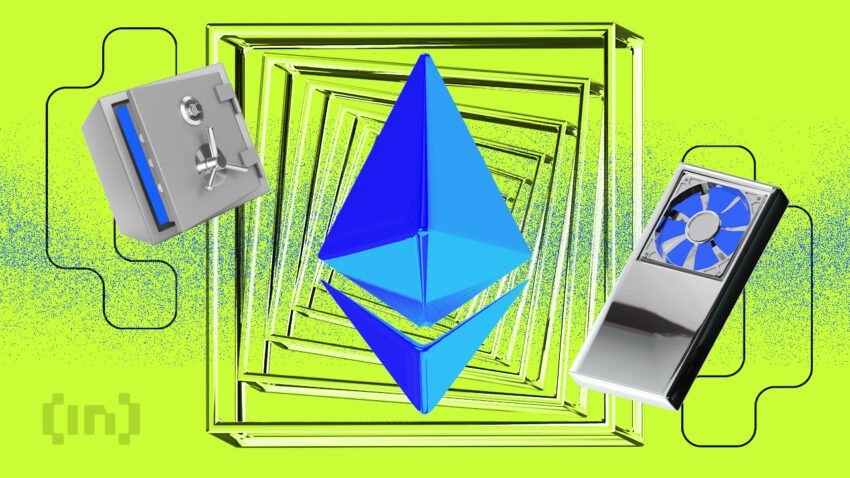

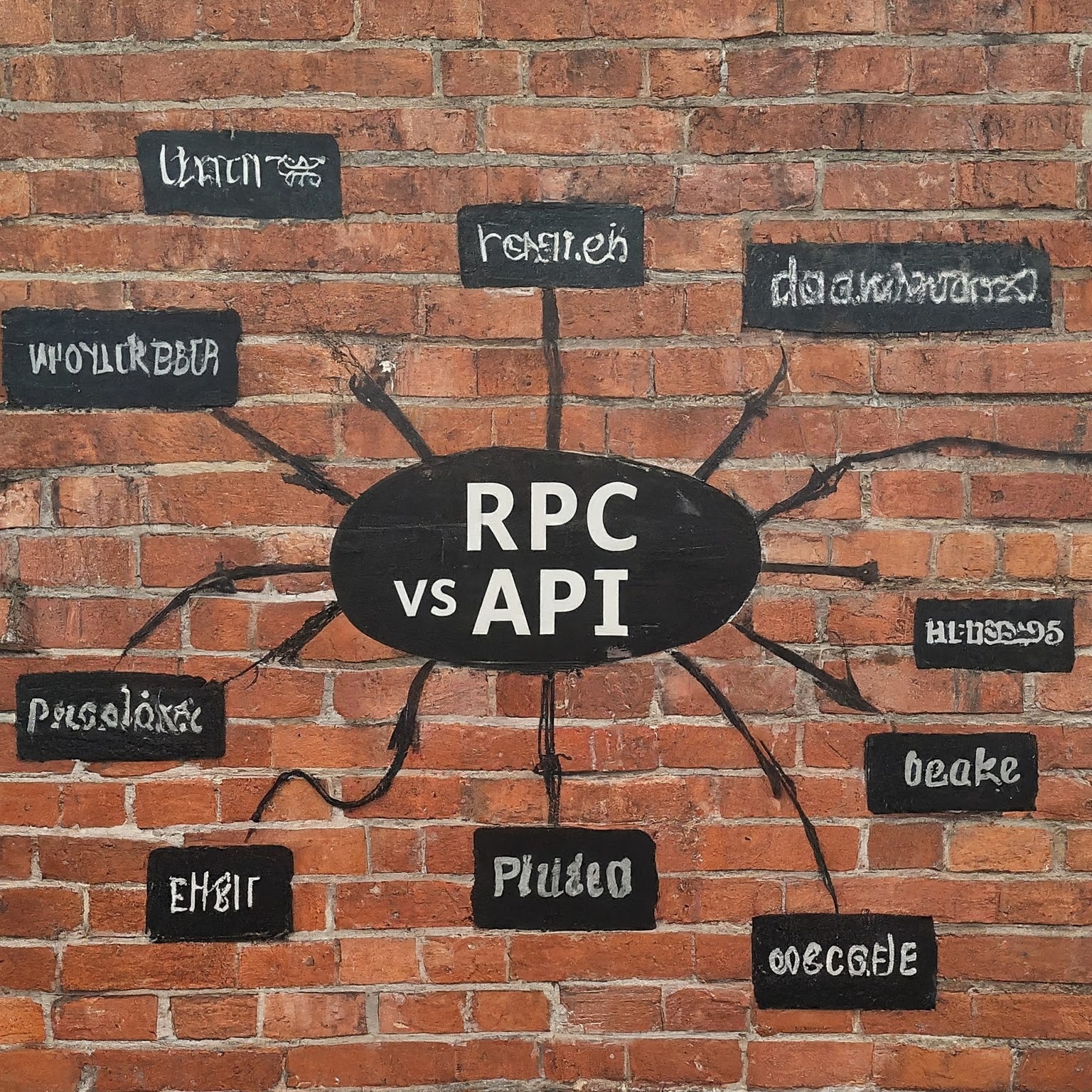

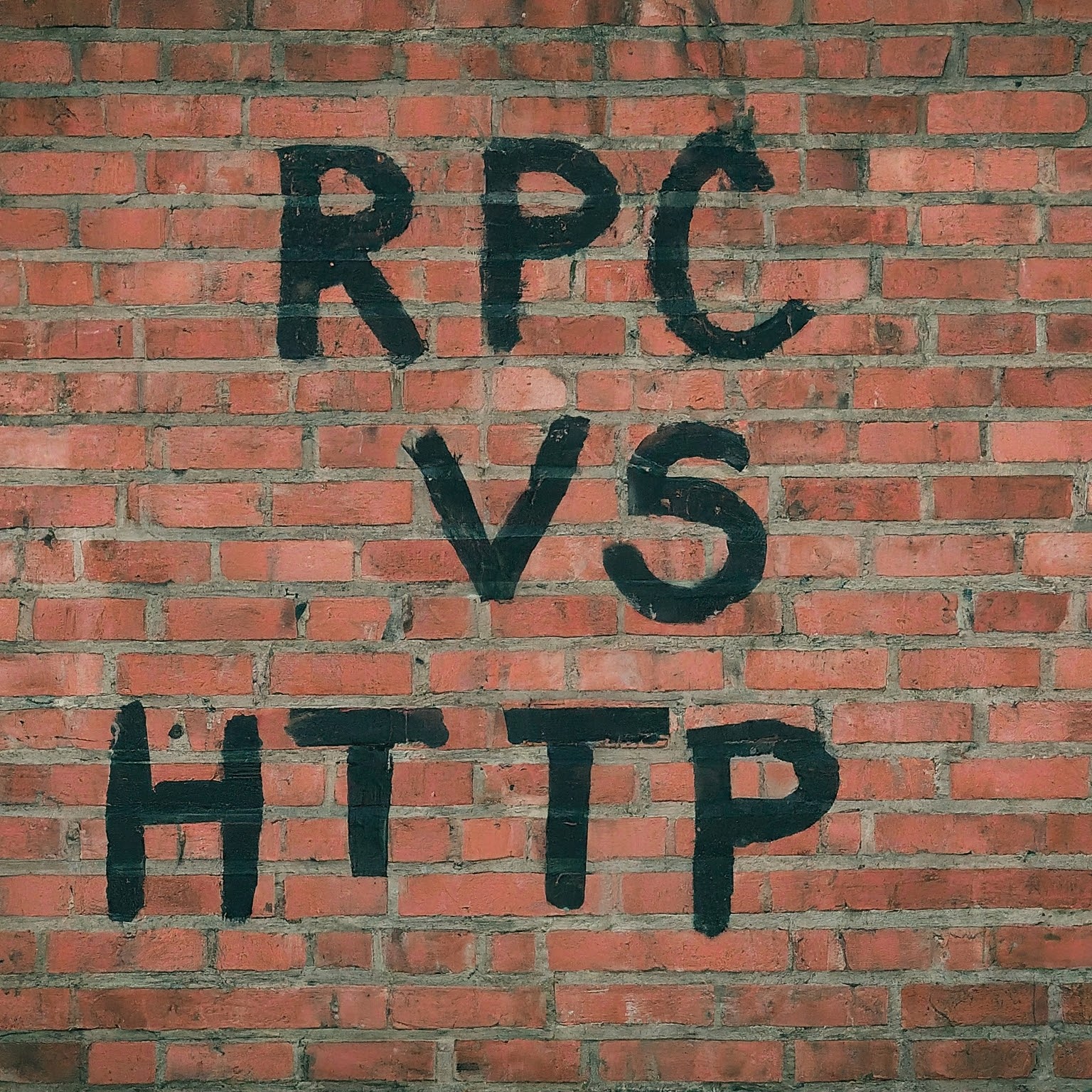




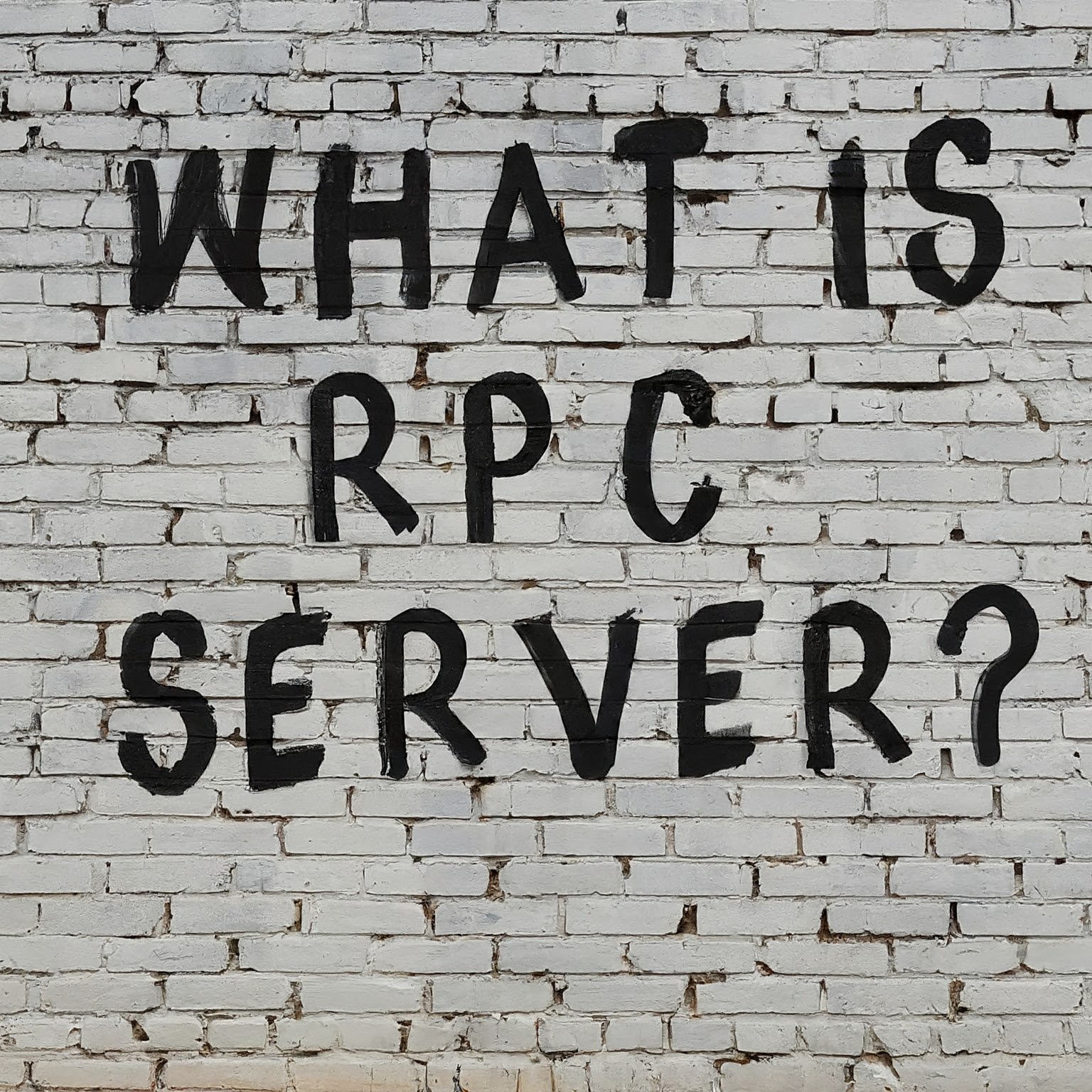
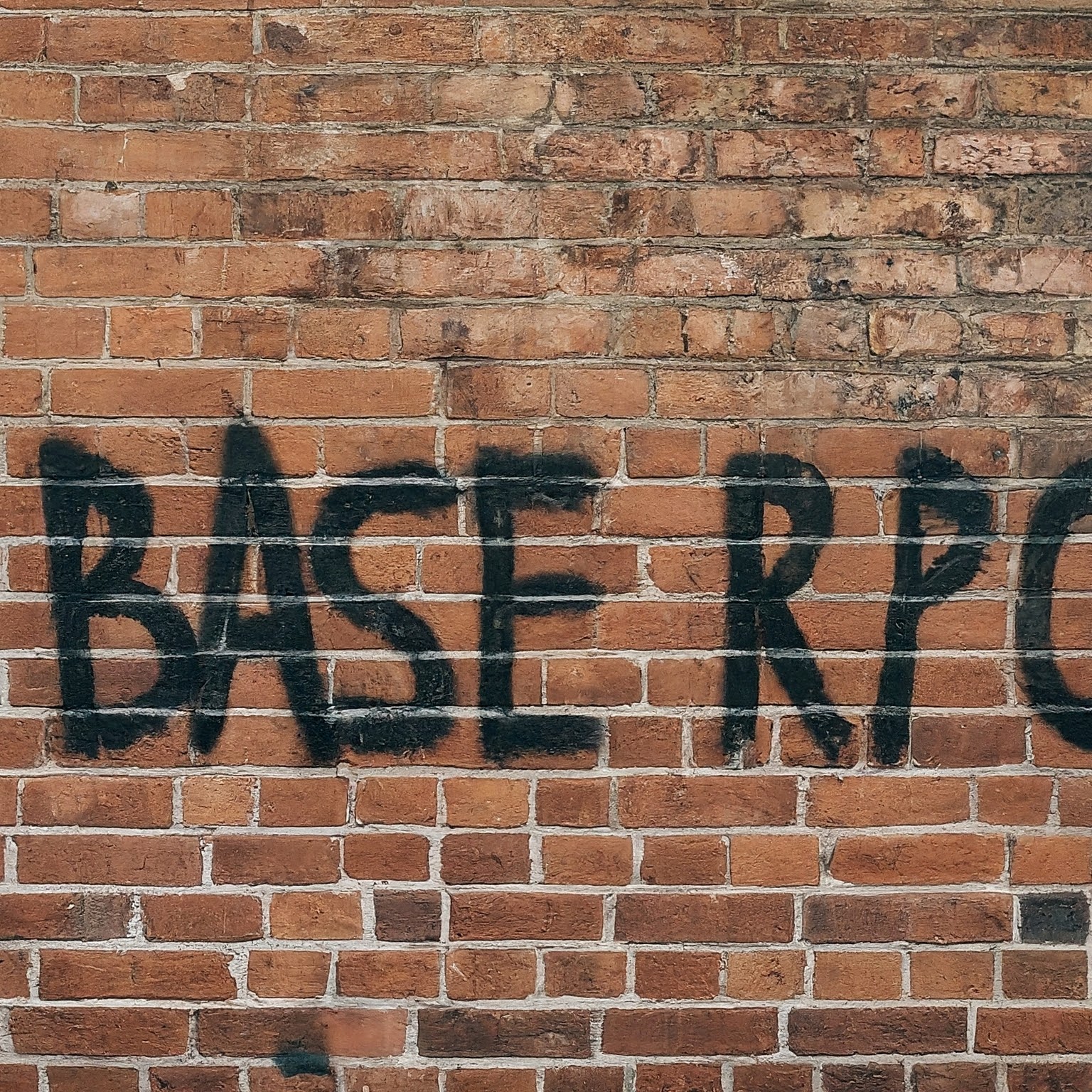
Leave a Reply
You must be logged in to post a comment.